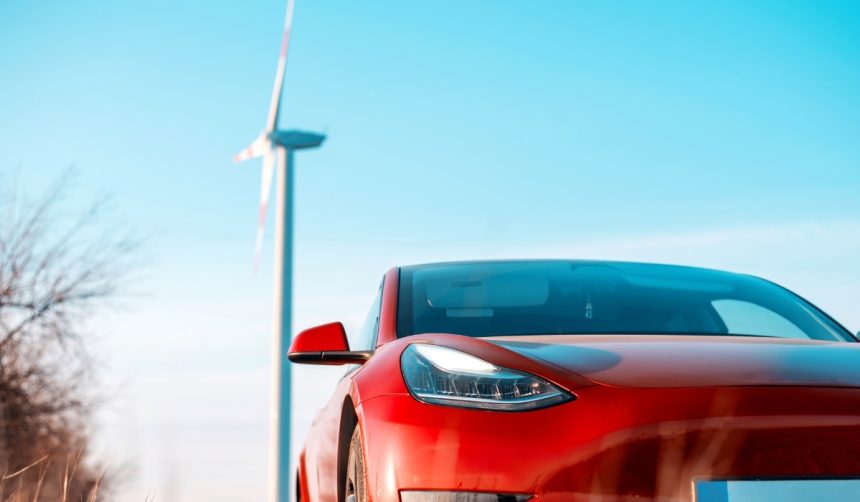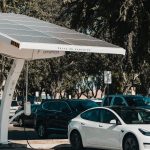Washington state is taking steps to impose taxes on Tesla’s emission credits, a move that could significantly impact the company’s profitability under the state’s clean vehicle framework. The proposed taxation aims to regulate profits generated from the sale of these credits, ensuring that large-scale credit holders contribute to state revenues. This development comes amid broader efforts to bolster the state’s commitment to reducing vehicular emissions and promoting sustainable transportation options.
Legislators are deliberating HB 2077, a bill introduced in April that seeks to implement a 2% tax on the sale of emission credits and a 10% tax on credits that are banked for future use. Tesla is primarily targeted by this legislation due to its substantial inventory of credits, while smaller companies with fewer credits remain exempt. This tax is projected to generate significant revenue for Washington, contributing to both general state funds and the expansion of electric vehicle infrastructure.
Washington’s Department of Ecology enforced a regulation in 2022 mandating that all new cars sold by 2035 must be electric, hydrogen-fueled, or hybrids. To comply, car manufacturers are required to achieve 35% of their sales through these green vehicles by the following year. Companies that sell more gas-powered vehicles can purchase credits from firms like Tesla, which exclusively offers electric vehicles, thereby integrating market mechanisms to support the state’s environmental goals.
Why Tax Tesla’s Emission Credits?
The primary reason for taxing Tesla’s emission credits is to address the significant profits the company earns from selling these credits. House Majority Leader Joe Fitzgibbon stated,
“We didn’t have a budget crisis until this year. And we didn’t have the federal government revoking huge amounts of federal dollars for EV infrastructure,”
highlighting the necessity of this tax to support state services and infrastructure projects amid reduced federal funding.
How Will the Tax Revenue be Utilized?
The revenue generated from taxing emission credits is expected to amount to $78 million in the 2025-27 biennium and $100 million annually thereafter. Approximately 70% of these funds will be allocated to the state’s general funds, while the remaining 30% will be directed towards enhancing electric vehicle infrastructure, such as charging stations and maintenance facilities, thereby supporting the state’s transition to greener transportation options.
What Are the Opposing Views?
Opponents of the tax, including Tesla’s lobbyist Jeff Gombosky, argue that the proposal undermines the state’s zero-emission policy, stating it “runs counter to the intent” of the legislation. Similarly, Troy Nichols, a lobbyist for Rivian, noted a “modest” impact on his company but expressed concerns about the broader implications for the electric vehicle mandate. Kate White Tudor from the Natural Resources Defense Council also voiced apprehension, saying,
“We worry it sets a dubious precedent.”
HB 2077 swiftly moved through the state House and is now pending a vote in the Senate Ways and Means Committee. As the legislative session approaches its conclusion, the bill remains a focal point in Washington’s budget discussions, reflecting the state’s ongoing efforts to balance environmental objectives with fiscal responsibilities.
This move to tax emission credits represents a strategic approach by Washington state to ensure that companies benefiting significantly from its clean vehicle policies contribute proportionately to its financial needs. By targeting Tesla’s large credit holdings specifically, the state aims to mitigate budget shortfalls and invest in necessary infrastructure to support its environmental goals. The outcome of this legislation could set a precedent for how other states address similar challenges in financing sustainable initiatives.
- Washington proposes a tax on Tesla’s emission credit sales.
- HB 2077 aims to raise funds for state programs and EV infrastructure.
- Legislation faces opposition from Tesla and environmental groups.







